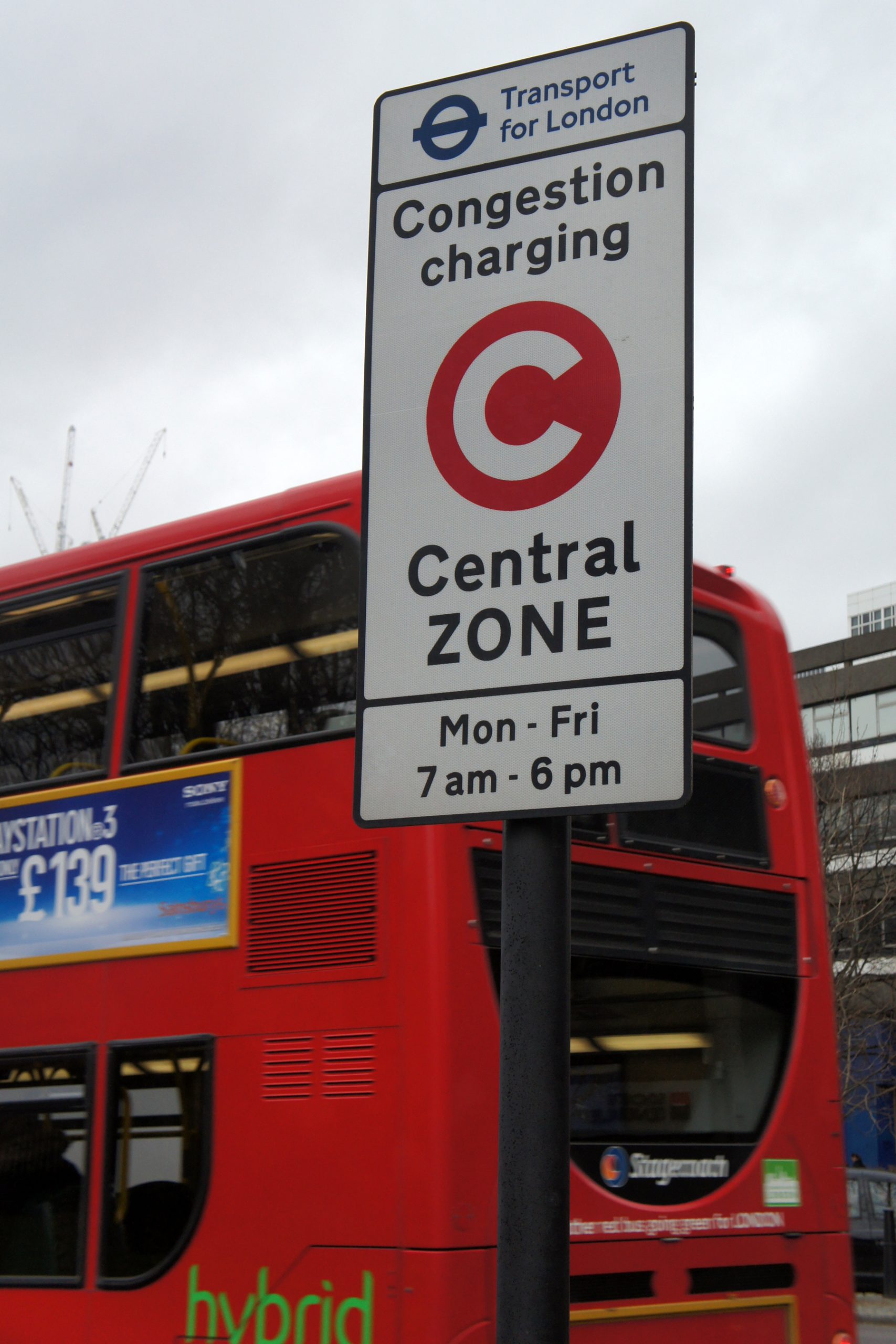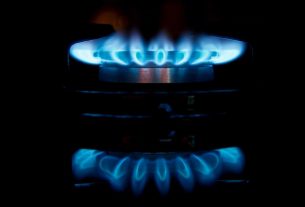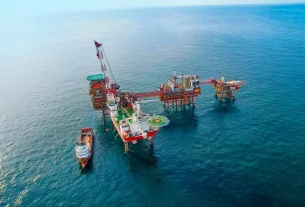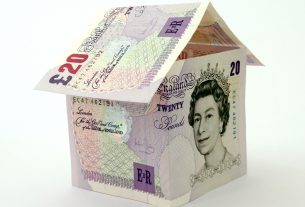Transport for London (TfL) has confirmed the congestion charge will resume on Monday (May 18) and soon rise to £15 per day, charged seven days a week.
Free travel for under 18s, over 60s and disabled people will also be suspended as part of a £1.6 billion government bailout for London’s transport system that has seen revenue dry up during lockdown.
London mayor Sadiq Khan said he had “no choice but to accept” price rises and cost saving measures to secure the £1.6 billion bailout from the government “to keep the tubes and buses running.”
Charge to rise to £15 on June 22
Khan accused the Department for Transport (DfT) of “making ordinary Londoners pay the cost for doing the right thing on Covid-19.
“They want fares to go up next January – ending the four years fares freeze I delivered after the last election. They have insisted that free travel is temporarily suspended for Freedom Pass and 60-plus card holders at peak times.”
The £11.50 central London congestion charge – and separate £12.50 fee for older and more polluting vehicles dirty – will resume on Monday, having been suspended since the onset of lockdown on March 23.
NHS and care workers are expected to be exempt from the charge which will rise to £15 from June 22. It will be enforced seven days a week, and for longer hours with evening charges extended from 6pm to 10pm.
Deal is a ‘sticking plaster’, says Mayor Khan
Bus fares – that had been suspended to protect drivers from coronavirus – will also resume, while over-60s and disabled people will now have to pay to travel during peak hours. Free travel for children will also be halted as part of the cost saving measures.
The bailout comprises a £1.1bn cash grant with the remaining amount secured as a loan. Khan said the government “insisted…Tfl takes on £505 million of additional debt” which will undo the four years of work done to improve TfL’s finances which have reduced its deficit by 71%.
The mayor called the bailout deal a “sticking plaster” as “fares income will not cover the cost of running services while so few people can safely use public transport” due to the social distancing measures in place to combat the coronavirus.
Passenger numbers plummet
The Guardian quote a spokesperson for the Mayor of London saying Khan and the government agreed the charge and that it was the mayor’s decision to increase it. The DfT said the government did not force Khan or TfL to increase the congestion charge as a condition of the £1.6bn bailout.
However, the Telegraph report the “DfT said it included the congestion charges as part of the funding package ‘in order to safeguard services in the future’”
TfL sought the money after reporting a 90% fall in income as passenger numbers plummeted in lockdown – tube journeys down 95% and buses 85% – which it said will cause a £3bn finance gap, raising the prospect of a second bailout later this year.
The government’s coronavirus guidance, updated earlier this week, urged people unable to work from home to return to the workplace – but also to avoid using public transport.
“This deal will encourage a real move towards greener and healthier walking and cycling options, ease pressure on our public transport and provide certainty and stability for London’s transport services in the future,” said transport secretary Grant Shapps.




